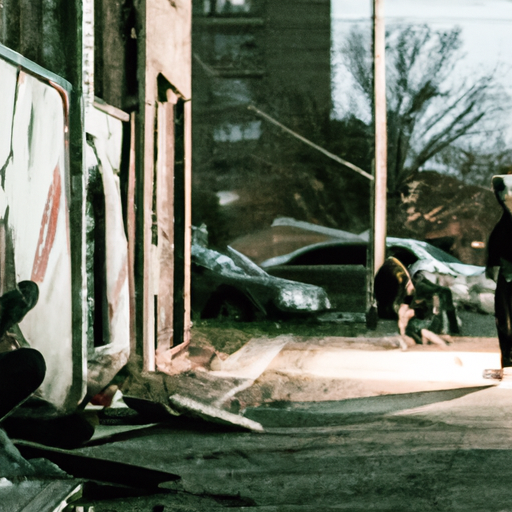The Unseen Impact of the Opioid Crisis in Canada: A Closer Look at Montreal
The opioid crisis is not just an isolated problem, it is a nationwide crisis affecting all corners of our society, including our community in Montreal. A report from Montreal’s local news channel, CTV News, recently highlighted the adverse effects of this crisis, particularly through the lens of counterfeit Dilaudid use, causing a surge of overdoses. The full CTV news report can be found here.
Unraveling the Heart of the Crisis
The opioid crisis has its roots in complex societal and systemic issues, but a recent increase in the usage of an alleged counterfeit drug poses another alarming complication. The drug in question, Dilaudid, is a powerful narcotic pain reliever. Recently, Montreal has seen a surge in overdoses linked to the use of supposed counterfeit versions of this drug. These poorly made fakes have proven to be even more harmful than the original, thus escalating the crisis further.
Effects on Our Community
It’s essential to understand the full extent of the far-reaching effects that the opioid crisis has within the community.
- The crisis has significantly impacted healthcare resources and services, with emergency departments facing an increased number of overdose incidents.
- There is a disturbing rise in opioid-related crime, with a correlation between the increase of substance misuse and elevated crime rates.
- One of the most vulnerable groups heavily affected by the opioid crisis is the homeless population. The lack of social and medical support for this group amplifies the severity of the effects.
- The crisis has shown devastating effects on individuals’ mental health as well as distress among their families and friends.
Efforts to Combat the Crisis
Despite the profound impacts, efforts are being made to combat the crisis in Montreal and across Canada.
- Spearheading these efforts is the Canadian opioid abatement class action initiative, aimed at seeking redress from drug manufacturers for the alleged contribution toward the opioid crisis.
- Within Montreal, healthcare providers are advocating for wide-spread availability and training for Naloxone, a life-saving drug that reverses opioid overdoses. The goal is to inform the public about how to use it properly and distribute it in places where the wrongful usage of opioids is common.
- The city is also reassessing its approach toward the homeless population, attempting to provide better support and resources to this vulnerable group. These efforts include testing aggressive harm reduction strategies, such as supervised drug consumption facilities.
Summary: What We Can Learn
At its core, the opioid crisis is a reflection of our community and our response to some of our most vulnerable members’ plights. It’s a staggering reminder of how essential it is to address illness, addiction, and social inequality with compassion, understanding, and constructive solutions.
The recent report from Montreal is a stark reminder of this ongoing crisis’s severity. However, it also provides a path forward, outlining potential initiatives and actions that can be taken to combat the crisis. By increasing Naloxone’s availability, providing more resources, and support to our homeless population and holding pharmaceutical companies accountable, we can start to tackle the opioid crisis effectively.
We may not solve this crisis overnight, but together, through continued efforts and community involvement, we can make a lasting impact on those affected by this heartbreaking national dilemma.
